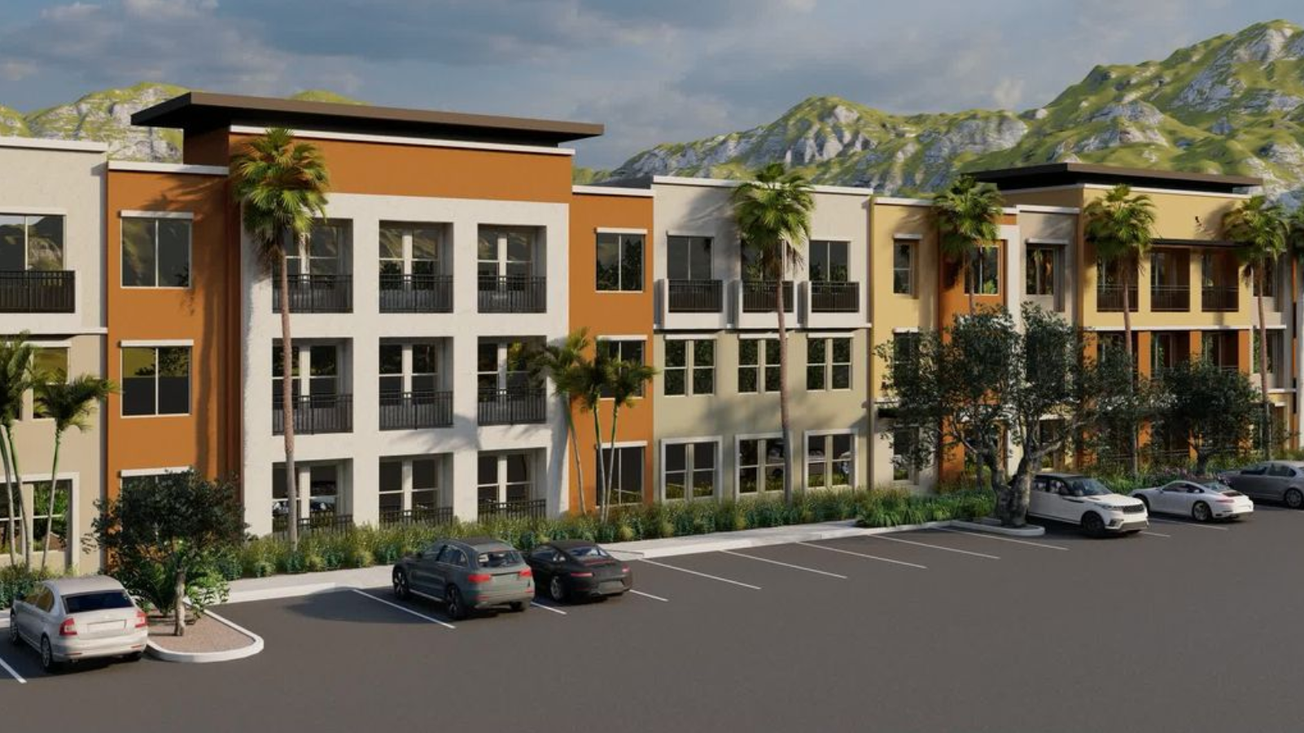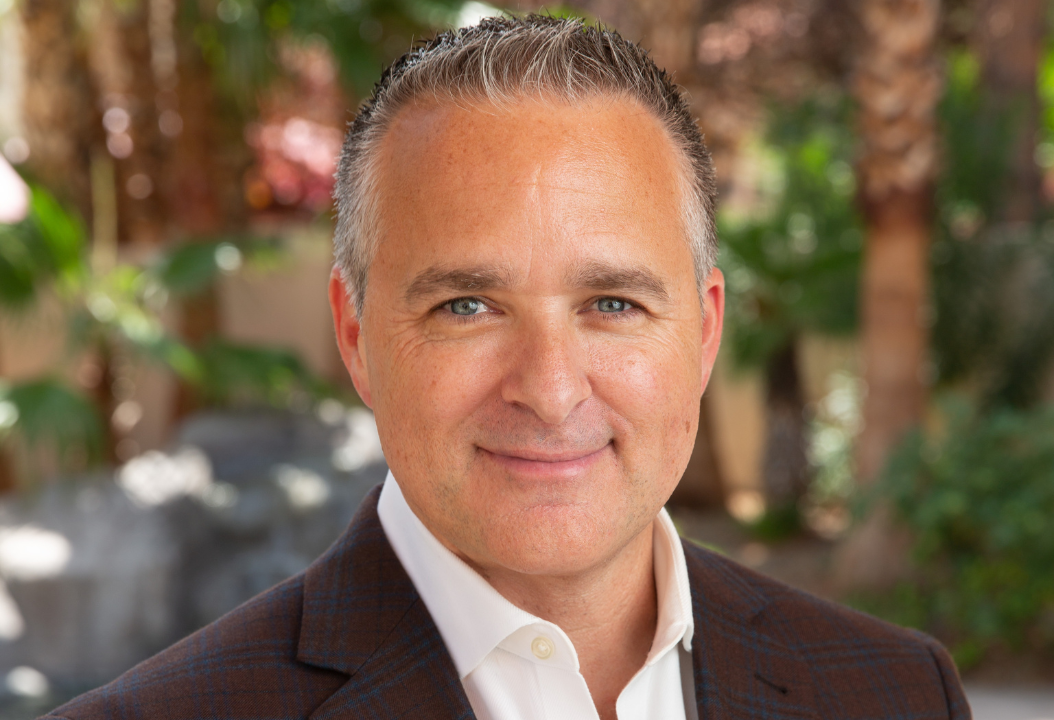This article is written by Angela Phillips, Executive Director of Habitat for Humanity Las Vegas.
The outlook for low-income housing remains challenging, especially as we consider potential economic uncertainties throughout 2024. With housing costs rising in many urban areas and wages not keeping pace, low-income individuals and families are particularly vulnerable to housing instability and homelessness. Non-profits like Habitat for Humanity Las Vegas play a crucial role in addressing this issue. In 2024, our organization will continue our efforts to provide affordable housing solutions and advocate for policy change that supports low-to-moderate income individuals and families.
Each year, the Habitat network collects information on the state of housing affordability across the country. In 2023, it was found that one out of every six households in Nevada dedicates over half of their income to housing costs. What's particularly striking is the noticeable increase in the hourly wage required to afford fair market rent for a two-bedroom home, which rose to $27.99 from $23.70 compared to the previous year's data. This presents a critical predicament for low-income families, as homeownership stands as one of the most advantageous investments to generate wealth.
A decade marked by rapid increases in home prices has rendered homeownership unattainable for countless modest-income renters. A significant factor contributing to these high prices is the historically low availability of homes for sale, especially starter homes priced within reach of lower-income families and prospective first-time buyers. This lack of available homes impedes economic advancement by preventing individuals with the financial means to obtain mortgages from living in the communities where they work and contribute.
Habitat for Humanity Las Vegas provides a homeownership program designed specifically for low-to-moderate income individuals and families. Programs within the organization feature financial education, requiring participants to contribute sweat equity instead of a traditional down payment, ultimately empowering families to construct and buy their own homes. In 2021, we enhanced our offerings by expanding financial education classes, which are now accessible free of charge to all low-to-moderate income households in Clark County. These classes aim to assist participants in reducing debt, establishing budgets, effectively managing finances based on their current income, and taking incremental steps toward achieving their future financial objectives.
Habitat for Humanity Las Vegas remains actively engaged in advocating for policies that bolster affordable housing initiatives at various levels of government, including local, state, and federal. Annually, in February, over 400 representatives from Habitat for Humanity, encompassing more than 1,000 affiliates globally, along with 70 national offices and millions of supporting volunteers, convene for Habitat for Humanity’s Hill Day. This event serves as a platform to address the pressing need for safe, decent, and affordable housing. Given the historic shortage of affordable homes, particularly for those seeking entry-level homeownership, participants of Habitat on the Hill rally Congress to prioritize federal policies and investments aimed at increasing the availability of affordable housing.
Priorities for this year’s Hill Day, is passionately urging Congress to take action by prioritizing policies that expand the supply of affordable homes, with a special focus on entry-level homeownership. This advocacy includes supporting funding increases for crucial housing and community development programs in the fiscal year 2025 budget. Specifically, Habitat is advocating for funding the Self-Help Homeownership Opportunity Program (SHOP) at $20 million, the Home Investment Partnerships Program (HOME) at $2.5 billion, and the USDA Section 502 Direct Loan Program at $1.5 billion.
Additionally, Habitat is calling on Congress to enact legislation aimed at significantly boosting the supply of entry-level, affordable homes for homeownership through the bipartisan Neighborhood Homes Investment Act (NHIA). NHIA seeks to rejuvenate distressed neighborhoods and augment housing supply by utilizing tax credits to stimulate private investment in the construction and substantial rehabilitation of homes for low- and moderate-income homebuyers. This Congress, Representatives Mike Kelly (R-PA) and Brian Higgins (D-NY) reintroduced the bill in the House (H.R. 3940), while Senators Ben Cardin (D-MD) and Todd Young (R-IN) reintroduced it in the Senate (S.657). This Act is also currently co-sponsored in the House by Representative Dina Titus (D-NV) and in the Senate by Senator Catherine Cortez Masto (D-NV).
NHIA addresses the challenge of neighborhoods where homes are in disrepair, and property values are too low to support new construction or substantial renovation. By employing tax credits, NHIA bridges the financial gap when the cost of building or renovating homes exceeds their potential sale price, thereby facilitating renovation and new home construction. While a similar tax credit program currently supports multi-family rental development, there is a notable absence of such incentives for homeownership development throughout southern Nevada.









